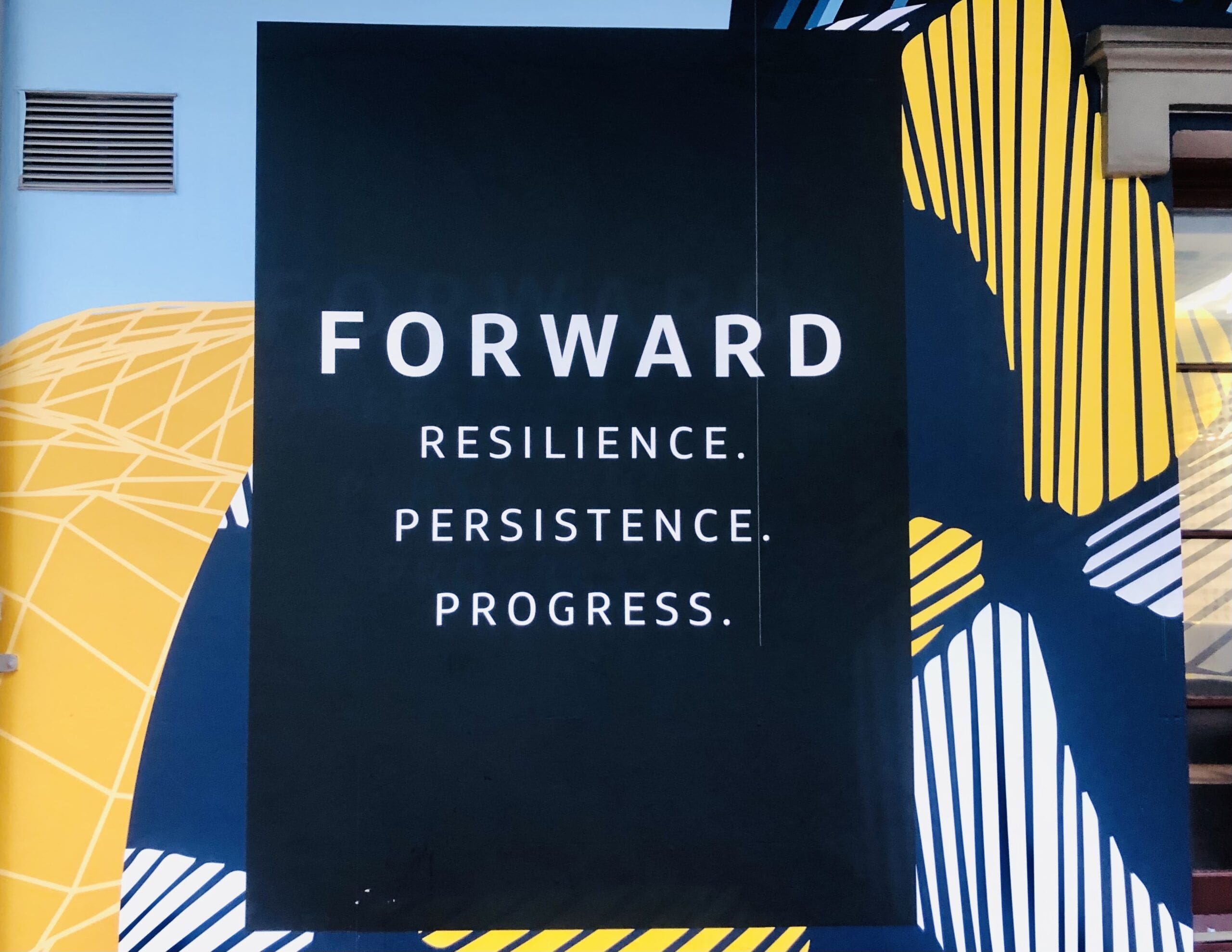Guaranteed income programs have seen a recent surge in interest from politicians and members of the public. Here’s why.
Read original post at: https://www.sacbee.com/news/equity-lab/article257602068.html
Fienishia Wash arrived in Sacramento three years ago, when untenable rent prices in Oakland forced her and her family to pack up their belongings and move inland, despite knowing no one here. They lived out of her car six months while Wash was “working like a dog” to finally scrounge enough money to secure a home. A single mother of five, Wash and her three youngest children — two have special needs, and one is in kindergarten — now survive on income she earns through county for providing in-home supportive services for her son. Nearly all of it goes toward her $1,660 monthly rent for a townhouse in South Sacramento.
“Thank goodness for food stamps and deep freezers,” Wash said. But a first-of-its-kind guaranteed income program in Sacramento is providing a crucial lifeline for Wash and her family. She is one of 100 people who are receiving $300 a month through June 2023 as part of local nonprofit United Way California Capital Region’s Direct Investment Program in Sacramento.
Wash said “I don’t even want to imagine” what her family’s life would look like without the payments. She’s finally been able to catch up on bills that had piled up, boosting her credit score. For the first time in her life, Wash has been able to actually save money each month. The prospect of buying a house one day, which was previously impossible, now seems a little more within grasp, she said. “I see a start to a better path, a stronger foundation,” Wash said. Early results for the program, which began last summer, are anecdotal but promising, organizers said.
United Way isn’t tracking how participants are spending the no-strings-attached payments. Instead, the nonprofit focuses on observing financial and social outcomes, and how a participant’s quality of life improves with the stipends.
WORKING MULTIPLE JOBS
Of the 100 participants, 86 cannot pay for an unexpected $400 expense out of pocket, compared to about 36% of people nationwide. About three in four of the participants are women and people of color, and the vast majority have at least one child. A third of the participants work multiple jobs. Finding financial stability by the end of the program is a goal for about 64% of participants, said project lead Cameron Collins. In addition, 18% want a more stable work situation, and 8% want to obtain a degree or credential.
“It is about resiliency and self-determination,” Collins said. “It’s really hard to make choices for yourself when you don’t know what you’re going to have to pay for next month. … Even if it’s only $300, that’s something to plan around.”
Collins acknowledges “people’s problems are bigger than $300 a month,” but said the program is already making a meaningful difference. One participant’s washing machine broke, but because he had been receiving payments, he was able to replace it quickly, Collins said. Another participant in Alkali Flats is now able to volunteer time and money toward helping nearby homeless residents. “Poverty isn’t a personal failure,” Collins said. “Poverty is a systemic failure, and too often it’s an implicit policy choice.”
INTEREST IN BASIC INCOME PROGRAMS GROWS
Guaranteed income programs have seen a recent surge in interest from politicians and members of the public, Collins said. During the pandemic, with the federal government spending billions of dollars to deliver COVID-19 assistance to Americans, no-strings-attached payment programs became more normalized, Collins said. Working in partnership with Oakland-based nonprofit UpTogether, United Way officials say there is already strong evidence that direct payments are a simple, immediate and dignified way of addressing wealth inequality and providing a social safety net. Perhaps the most famous example of a guaranteed income experiment in the United States was the one run in Stockton, which gave 125 people $500 a month. Results from the first year of the program showed that participants who received payments were employed at a higher rate, were happier, were healthier, and were more able to weather sudden expenses compared to non-recipients in the control group.
“Our belief is, trusting and investing in families is the approach,” Collins said. United Way is already planning for its second basic income program.
Collins said the nonprofit is finalizing the financing for the second cohort, which in part is expected to be sponsored by the city of Sacramento, which approved last year a $750,000 allocation to go toward the program. Collins said United Way hopes the second program, which would run for 18 months, can increase monthly payments to $500 to compensate for the end of COVID-19 related tax credits and relief money. United Way also expects to apply for new state funding to support basic income pilot programs. Last year, Gov. Gavin Newsom announced $35 million in funding would be available over five years to help cities and counties roll out direct payment programs.


















